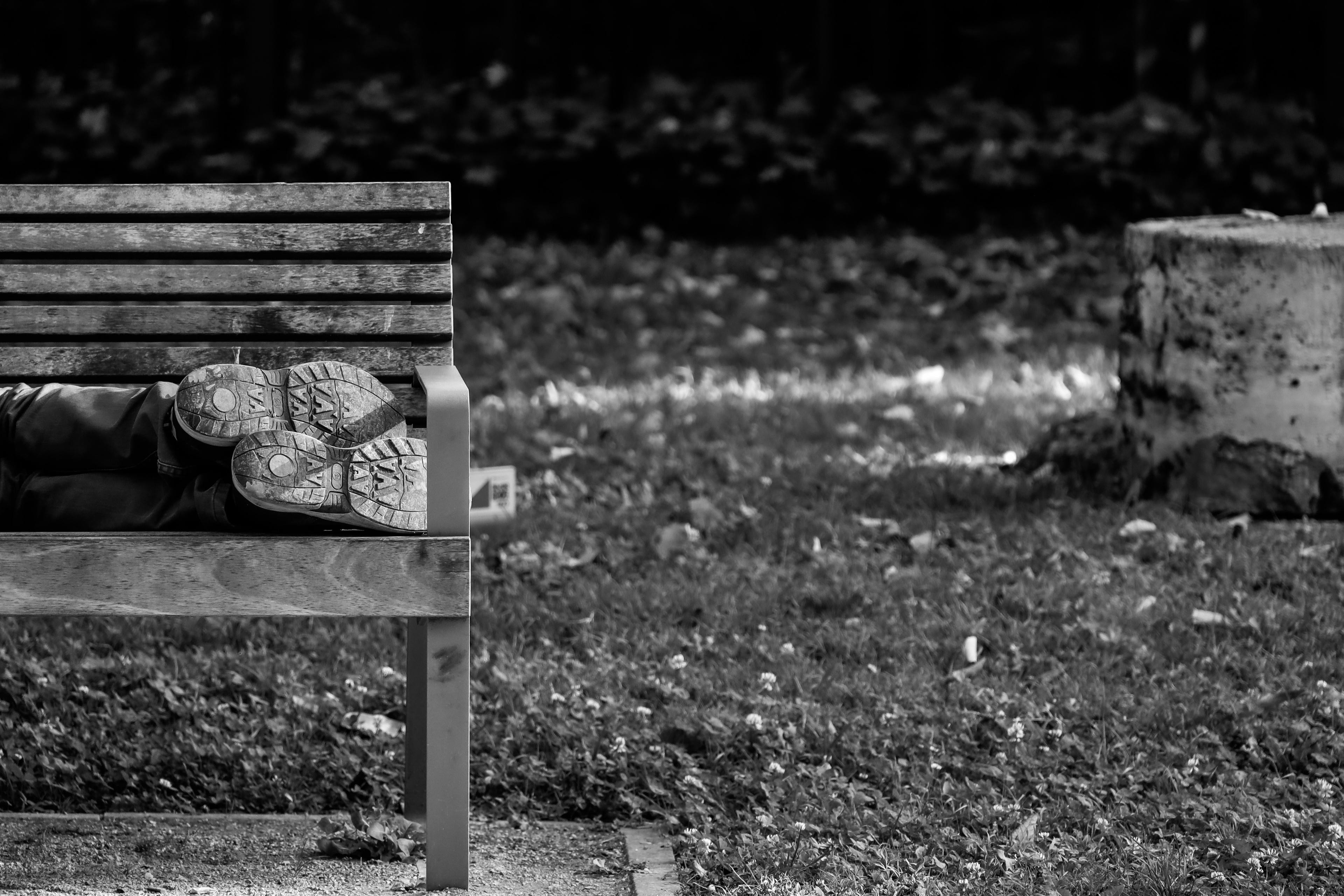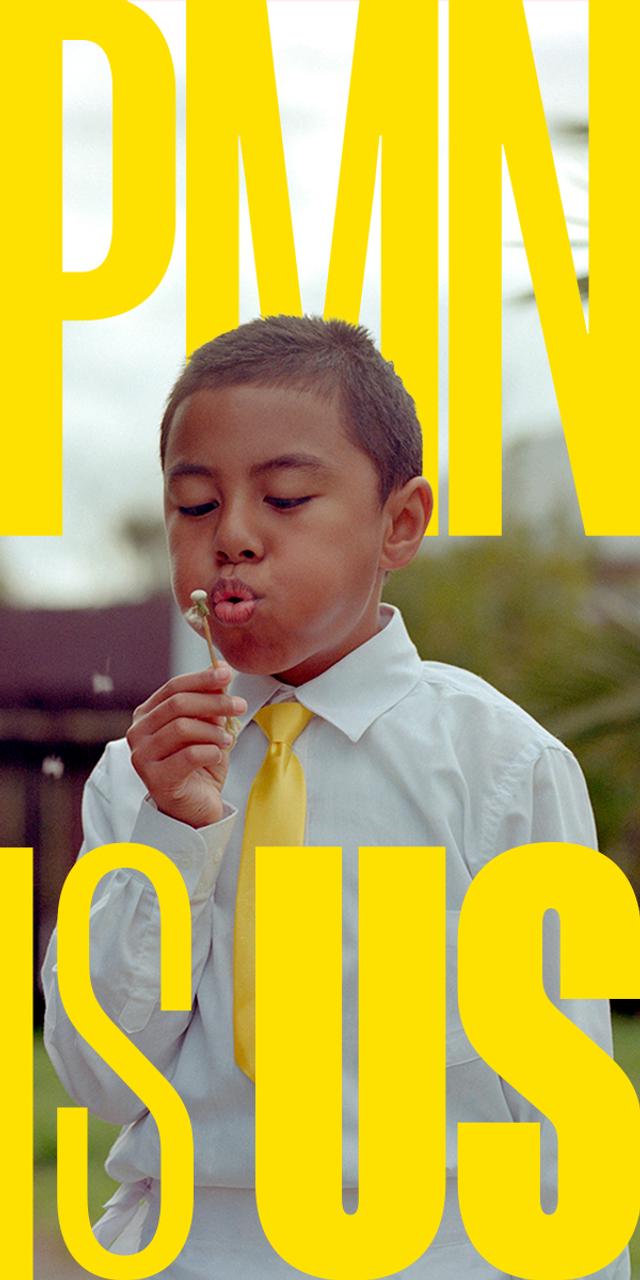

There are fears vulnerable youth will be more at-risk with the government's changing approach to crime and beneficiaries.
Photo/ Adam Pappa via Unsplash
‘Their lives are chaos’: Fears govt changes will make things harder for vulnerable youth
There are concerns a government crackdown on youth crime and benefit sanctions will increase pressure on at-risk youth.
Youth advocates say changes to emergency housing rules and benefit sanctions may make life harder for vulnerable youth.
This comes as the government is wanting to set stricter rules to apply and stay in emergency housing, along with sanctions on beneficiaries and a return to boot camps for youth offenders.
Kick Back director Aaron Hendry says these changes aren't addressing the wider issues of poverty and trauma.
“A really punitive approach to justice doesn’t often help," he says.
"A lot of young people accessing the support and those who will likely be more at risk of being sanctioned are those who are housing insecure, don’t have a safe place to live, who are moving constantly and are already struggling to uphold the obligations that are set for them because their lives are chaos.
Hendry adds that it's not "just homelessness" that is the most pressing need of these young people.
"These young people have a real complex array of needs. Some of them have significant disabilities or mental health needs, are suffering from addiction, most of them have experienced some significant trauma, they may have come through the justice system, [or] they may be children that have been in the care system much of their life.”
Speaking to Levi Matautia-Morgan on PMN's Pacific Mornings, Hendry is concerned the policy changes may increase the risk of youth living on the streets.
“What we see is that young people who are already housing insecure go into the justice system," he says.
"When they come out, they don't have safe housing to go into, so they're released into housing and security, into emergency accommodation, into homelessness and often they're more traumatized than when they went into that system in the first place.”
Many forms of homelessness
A report in 2018 stated 102,000 people as having "severe housing deprivation", with Pacific peoples making up 22.6 per cent. These figures include people sleeping without shelter, those in temporary accommodation or emergency housing, people living in houses without basic needs like power or a toilet, and sharing accommodation in dwellings that are severely overcrowded.
Around four in ten Pacific people are living in overcrowded homes. Hendry says some teenagers are moving out to relieve pressure on their families, but don't have a safe alternative.
“We’ve got whole families living in really tiny, cramped, unsuitable accommodation, and what often happens is that the oldest teenager makes a decision eventually to say ‘hey, my family’s going to be housed and be comfortable, I need to go out by myself’, and when that happens they end up being significantly harmed.”
Tough on crime attitude doesn’t address wider issues
Meanwhile, Tongan Youth Advisory spokesperson Simulata Pope says there is little evidence to support the notion that boot camps will reduce youth offending.
“I know they're trying really hard to make it a therapeutic environment, but a therapeutic environment in the military, it just doesn't make sense in some places.
“It has been tried before in the last National government, and 80 per cent of young offenders who were previously in boot camps re-offended.”
Pope cites data from Oranga Tamariki and the Children’s Commissioner, who listed the main influencers of youth offending as poverty, mental health and under-resourced state care systems.
“The ethos of military camps, this ‘tough on crime, tough punishment, harsh love’ on our young people isn’t realistic and practical.
“And what this government has done is dismissed some of those experts saying that the actions of young people is the sole responsibility of young people, and I think we really have to contest that.”
Hendry has worked with youth for more than a decade and says the proposed changes to add ram raid offending to the Crimes Act isn’t going to help.
“That bill will basically allow us to criminalise 12 and 13-year-olds, and these will be young people that will have disabilities, some of them will be housing insecure, some of them will have significant mental health issues, they have come from impoverished homes.
“They don't even have the cognitive ability to make healthy, wise decisions, especially when they're in an environment where they're unsafe and being pushed down into this direction.
“So what we're saying as the country is we wanna punish those kids rather than responding to what's actually going on in their lives.”
National party's Te Atatū candidate Angee Nicholas says Pacific people have expressed concerns around military-style boot camps, but this won't be applied to everyone.
"What we need to understand also is this is for the most serious and persistent youth offenders, we're not writing anyone off.
"What I do agree with is the goal of making sure that we help young offenders understand that there are consequences, but that we're not just leaving them in the dark, but we are allowing or giving them some sort of pathway to turn their lives around."
However Pope says Government has ignored the data and pushed for a system that does not work, working up a "moral panic" over 160 young people, in a population with 1.3 million children.
“So we're changing the law for 0.0123 per cent of the country, rather than understanding the drivers of what youth offending is.”
She doesn’t want to dismiss the harm caused by serious offending, but says there are preventative measures and alternative ways to address this.
“We're talking about 12 or 14-year-olds who at a very early stage have seen domestic violence, suspension, exclusion from school, racial discrimination within the system, poverty, poverty, poverty [and] poverty.
“In the first 1000, 2000 days of a young person['s life], it's tackling all the stuff in terms of our Pacific communities and Māori communities with intergenerational trauma, intergenerational impact, and also for the system to front up.”
Hope for a better future
Hendry says communities need to take collective responsibility as a community for the welfare of our youth.
“Youth people have so much that they offer this world, they have so much mana and strength and courage, and they do not deserve what we as a society have done to them, what we’ve allowed to happen to them, they deserve a better future.”
He says having a strategy to end youth homelessness will be a starting point to channel services towards a set outcome, along with legislation to to prevent government agencies from exiting a young person from their services without knowing where they’re going to stay and ongoing support and resources.




